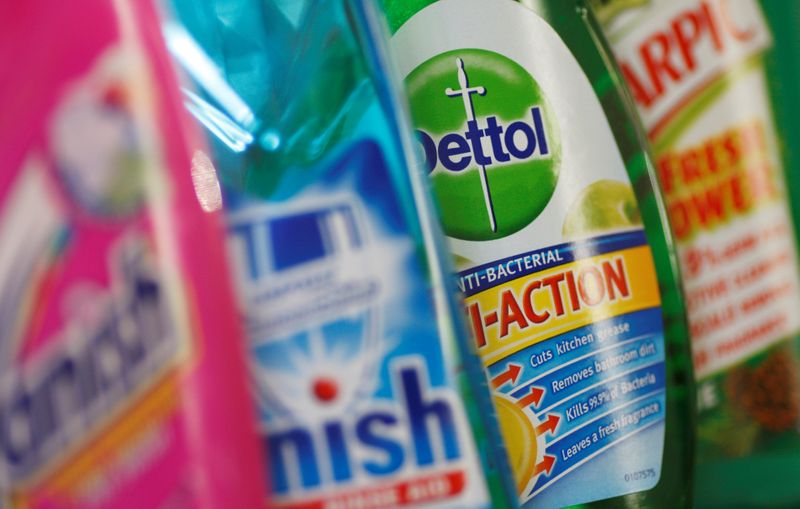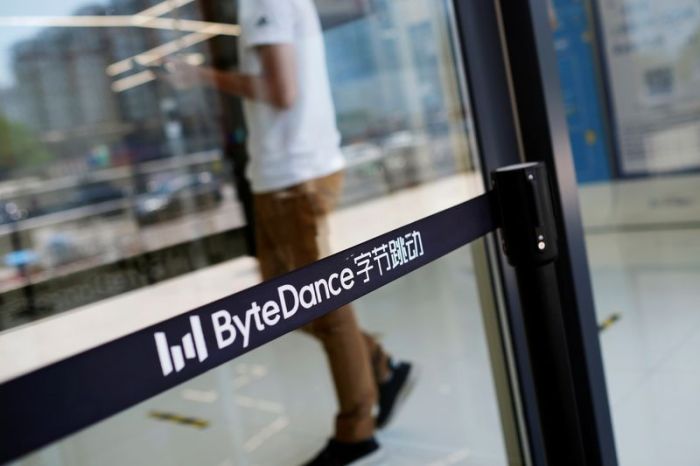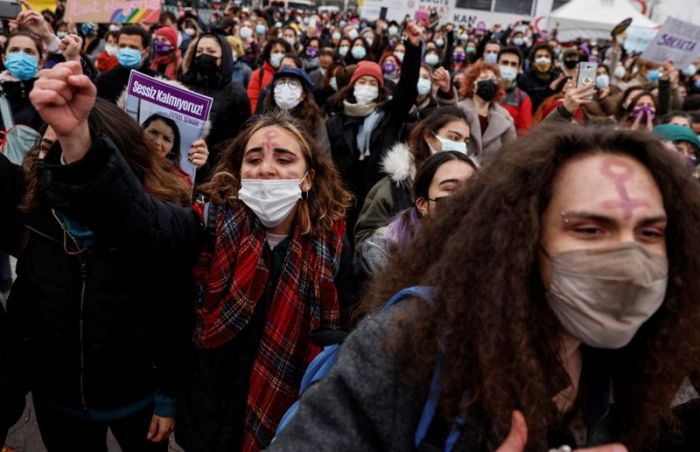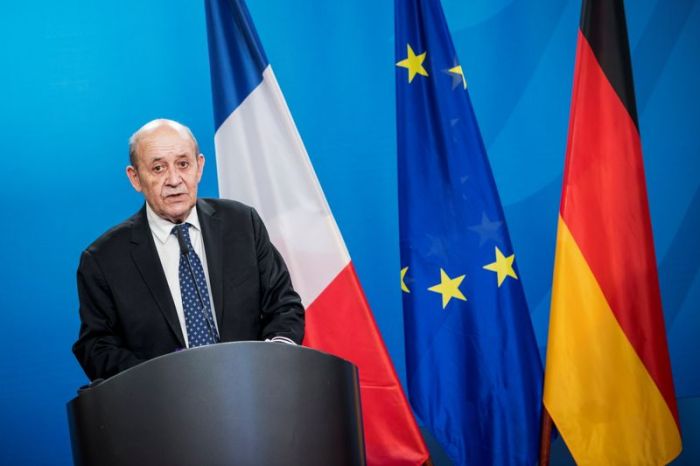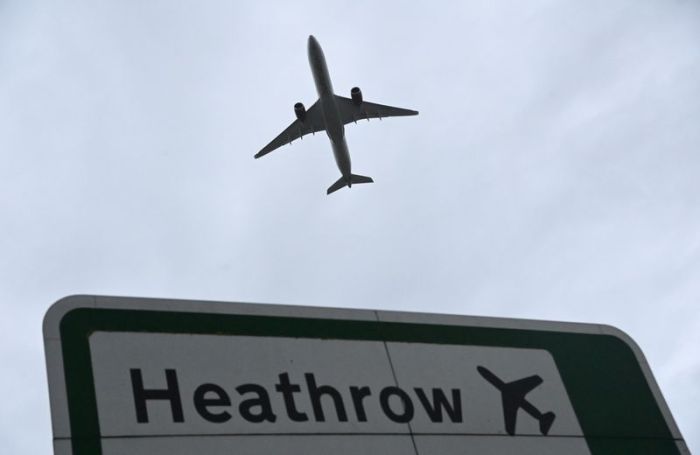HONG KONG (Reuters) – British consumer goods company Reckitt Benckiser Group is considering selling its infant formula business in Greater China, in a deal that could value the business at more than $2 billion, two people with knowledge of the matter said.
The group has hired Morgan Stanley to conduct a strategic review of its infant formula unit Mead Johnson in Greater China, the sources said, declining to comment as the information is confidential.
A sale process could start in the second quarter after the bank gets initial feedback from potential buyers, which include both strategic and private equity firms, the sources said.
They however cautioned no decision has been made and that business valuation could change due to the impact of COVID-19.
Reckitt Benckiser and Morgan Stanley declined to comment on the strategic review.
The group announced the strategic review in February, saying multiple options were being explored.
Its Greater China infant formula business represents 6% of group sales, which were almost 14 billion pounds ($19.8 billion) in 2020, up 11.8% year-on-year, Reckitt Benckiser said at the time.
U.S.-headquartered Mead Johnson, which Reckitt Benckiser bought for $16.6 billion in 2017, runs a range of infant formula brands including Enfamil, Enfapro and Lactum.
Laxman Narasimhan, Reckitt Benckiser’s chief executive, said in February that challenges to the China business included Hong Kong’s longer-than-expected border closure during COVID-19, local competition, a changing regulatory environment and lower birth rates in the country.
Chinese consumers have been favouring imported infant formula since the country’s 2008 baby milk contamination scandal. The top four best-selling infant formula brands on e-commerce platform JD.com for example are all foreign.
However, local brands are catching up fast with brands such as Morgan Stanley-backed Feihe gaining significant market share.
China imported 335,600 tonnes of infant formula in 2020, down 2.8% year-on-year, according to the Dairy Association of China.
(Reporting by Kane Wu in Hong Kong, additional reporting by Pamela Barbaglia in London; Editing by Emelia Sithole-Matarise and Ramakrishnan M.)

